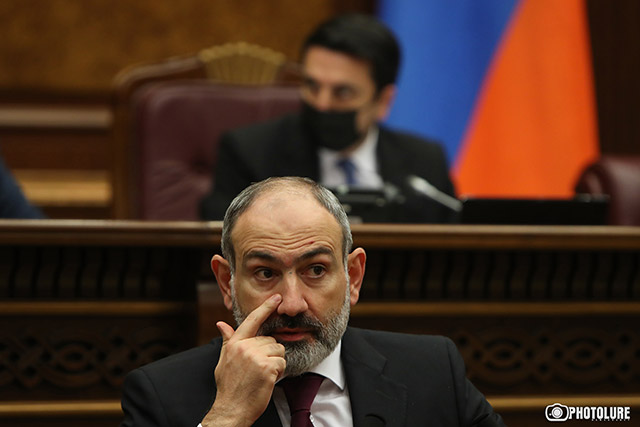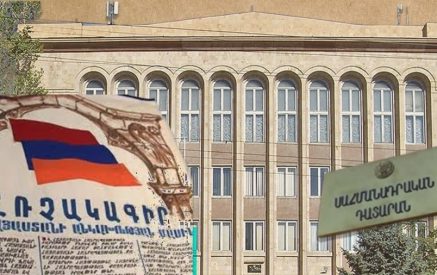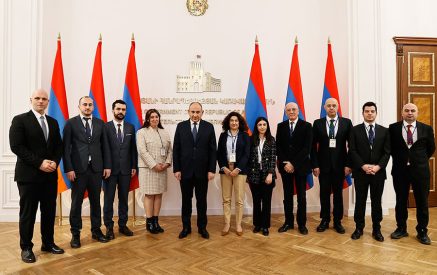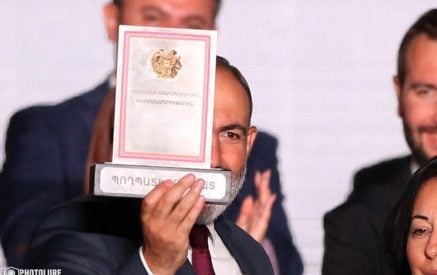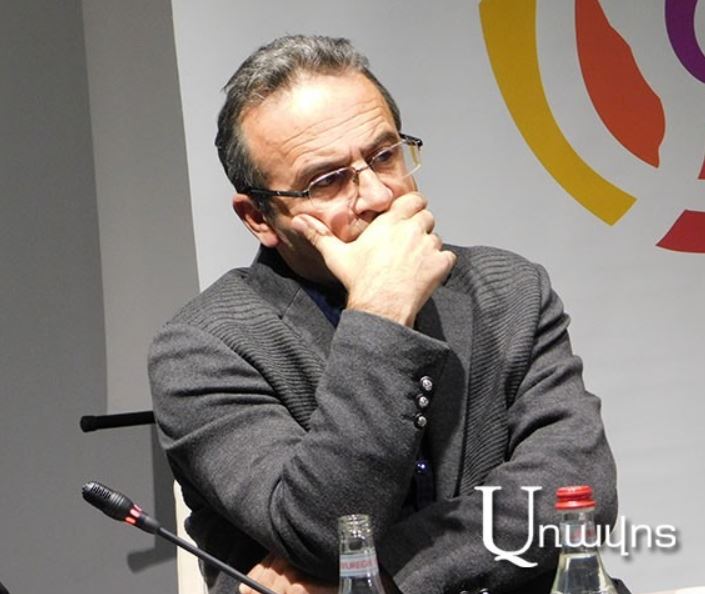Why did the government initiate the change of the Constitution? Artur Sakunts, the head of the Helsinki Citizens’ Assembly Vanadzor office, asked this question on various occasions and did not receive a clear answer. Therefore, he will not give any assessment yet, and also refrains from expressing an opinion on what issues the government believes should be resolved by the new Constitution.
By the decision of Prime Minister Nikol Pashinyan on December 18, 2021, the process of forming the Constitutional Reform Council began. The activity of the previous council of constitutional reforms has been suspended. The new council will include the Minister of Justice, who will chair the council, the representative of Armenia in the ECHR, the chairman of the National Assembly Committee on State and Legal Affairs, the Human Rights Defender, one member from the parliamentary factions, one representative from the Supreme Judicial Council, at least two extra-parliamentary forces, and three more people from civil society.
It has recently become known that the NGOs and extra-parliamentary parties included in the Constitutional Reform Council have been elected. On January 17, the composition of the council should be presented to the Prime Minister’s Office, and after its approval, the council will form a commission consisting of 5 non-political scientists that will work on the draft of the Constitutional reforms.
In a conversation with Aravot, member of the Constitutional Reform Council Artur Sakunts said, “We have our main approaches, and the main one is the guarantee of the principle of mutual restraint and separation of powers, in the life of our state, in different spheres. For example, the appointment of investigative bodies or government-affiliated bodies by the former president and now the prime minister.” It does not matter to Sakunts whether the government complains about it or not, they think that it should not be like that, there should be effective parliamentary control over the executive power.
Read also
Back in 2020, during the 44-day war, Nikol Pashinyan spoke about the transition to a semi-presidential system of government, then, later, he announced that he was in favor of maintaining the parliamentary system of government. In response to the question of if there is an approximate idea or a package of proposals and what changes will take place, Artur Sakunts answered, “Our ideas, approaches, and concerns were set out during the 2015 constitutional amendments.”
The problem is not newly formulated; there were just additions with some episodes. For example, a new provision was revealed in the CSTO military unit regarding the sending of RA Armed Forces units to Kazakhstan, which was not taken into account at that time. That is, the National Assembly should have a role in making a decision on moving a subdivision of the RA Armed Forces from the territory of the Republic of Armenia to another state. In this context, Sakunts also said that it is now obvious that during the 44-day war and in the period after that, questions arose from the point of view of the management of the armed forces.
Artur Sakunts described the current Constitution as a crisis-causing Constitution that does not guarantee the principle of separation and restraint of the authorities, which, according to him, we were additionally convinced of during the past years when resolving issues of separate state importance. “Surprisingly, the authors of that Constitution and their supporters do not talk about these shortcomings, to put it mildly,” he said, accusing the incumbent government of not making amending the Constitution a priority after the Velvet Revolution. Artur Sakunts is happy that the process will start, even though it is a little late.
Nelly GRIGORYAN




















































